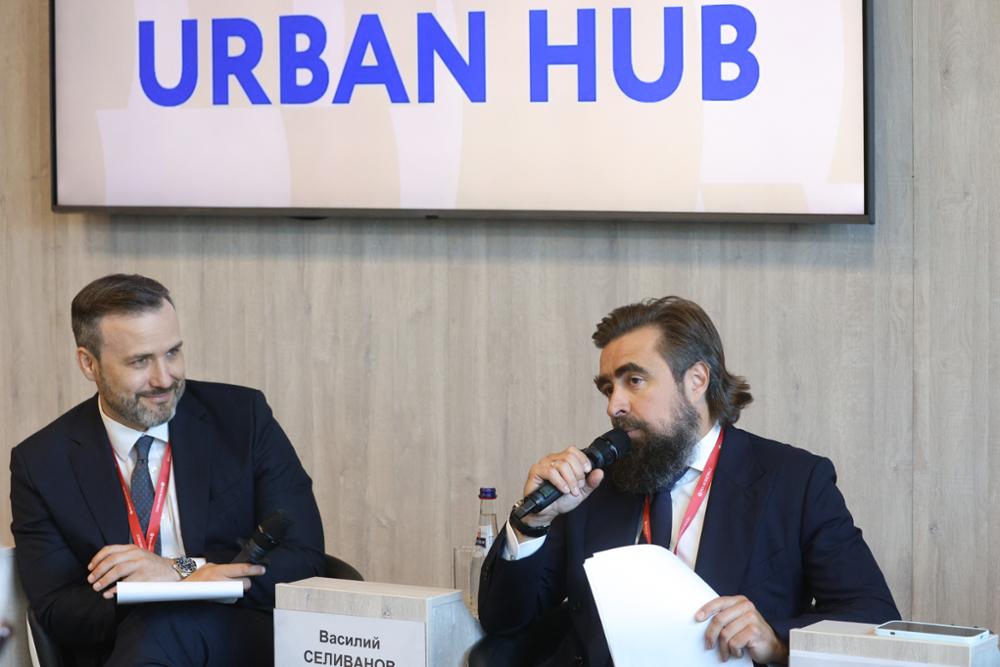
Conventional energy needs new technological advances
Press conference “Conventional energy needs new technological advances” was held under the auspices of SPIEF 2016. Internationally renowned scientists and laureates of the international Global Energy Prize spoke about innovative projects and scientific progress in the field of energy development and shared their evaluations of present-day energy trends and predictions concerning the development of the industry in 2016.
Rodney John Allam (UK), a Nobel Prize winner (2007) and the leading Asian expert on renewable energy, Chairman of the International Committee of the International Global Energy Award, presented his vision of the future. He noted that despite the growing use of renewable sources worldwide, oil and gas still accounts for 90% of energy output and consumption. “Green sources make up less than 2.8% of the total production,” stressed the expert.
Alexander Shokhin, President of the Russian Union of Industrialists and Entrepreneurs (RSPP) and head of the Global Energy Non-profit Partnership’s Board of Trustees, believes that the global community must strive to develop traditional energy, rather than focus exclusively on fundamentally different approaches.
Valentin Parmon, Member of the Russian Academy of Sciences and laureate of this year’s Global Energy Prize, said, “We are used to easy and light oil, but not much of it remains. These areas require new scientific advances. At our institute, we study and offer solutions for traditional and renewable energy sources.”
According to William Il Byung (Singapore), Executive Director at Asia Renewables and Member of the International Committee on Global Energy Prize Award, the question of energy distribution is just as important as the development of energy production technologies. He said that enhancement of the utility and stability of power grids is currently one of the key trends in the energy sector in Asia. “The experience of Russia is very important in this area,” he noted in conclusion.








